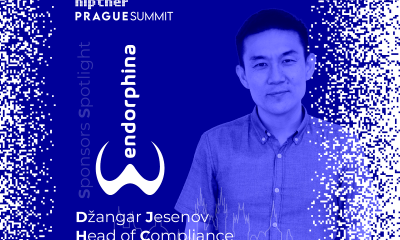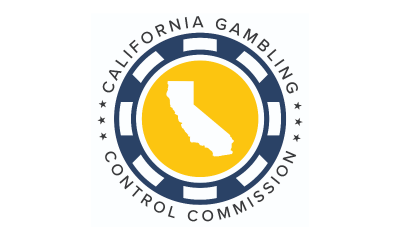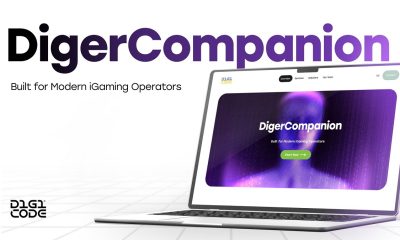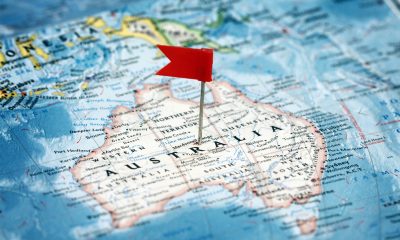Compliance Updates
Google Updates Gambling Ad Policy for Germany
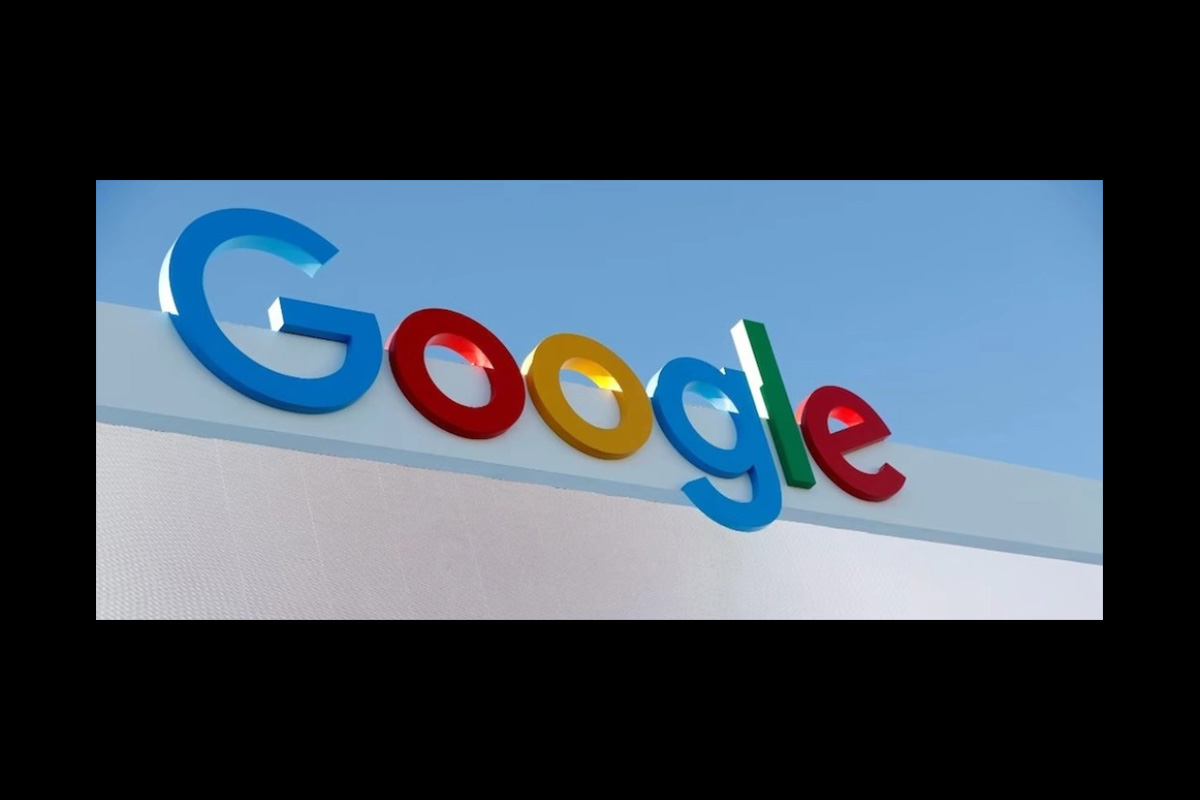
Google has announced significant changes to its Gambling and games policy specifically for the German market. The update, set to take effect on September 25, 2024, introduces stricter requirements for gambling operators and brokers seeking to advertise on Google’s platforms in Germany. This policy revision aims to align Google’s advertising practices with German regulations and ensure compliance with local gambling laws.
According to the announcement, which came exactly one month before the implementation date, only gambling operators and brokers licensed by the Gemeinsame Glücksspielbehörde der Länder (GGL) will be eligible to apply for advertising certification for gambling products outlined in Google’s Gambling and games policy. The GGL, which translates to the Joint Gambling Authority of the German Federal States, is the central regulatory body overseeing gambling activities in Germany.
This policy update represents a significant shift in Google’s approach to gambling advertisements in the German market. Previously, a broader range of gambling-related services could potentially advertise on Google’s platforms. However, with the new policy, applications from advertisers of online gambling services who do not meet the GGL licensing criteria will no longer be accepted. This change extends to services offering gambling aggregation, such as websites that link to multiple offers from different operators on their landing pages.
The implications of this policy update are far-reaching for the online gambling industry in Germany. Existing certifications for services that do not meet the new criteria will be revoked on the policy’s effective date, September 25, 2024. This revocation will prevent these services from running gambling ads targeted at the German market through Google’s advertising platforms.
To understand the full impact of this policy change, it’s essential to delve into the technical aspects of Google’s advertising ecosystem. Google Ads, the primary platform for advertisers to reach Google’s vast user base, operates on a complex system of policies and certifications. The Gambling and games policy is a crucial component of this system, designed to ensure that gambling-related advertisements comply with local laws and regulations.
The certification process for gambling advertisers on Google involves several steps. Advertisers must first ensure they meet the eligibility requirements for their specific country or region. With the new policy update, this eligibility in Germany will be directly tied to GGL licensing. Once eligibility is confirmed, advertisers must complete an application process, which includes providing detailed information about their gambling operations and licenses.
Google’s policy update reflects the evolving regulatory landscape of online gambling in Germany. The country has implemented stricter controls on online gambling in recent years, culminating in the establishment of the GGL as a centralised regulatory authority. This move towards centralised regulation aims to create a more consistent and controlled environment for online gambling across all German states.
The policy change also highlights the challenges faced by multinational technology companies in navigating diverse regulatory environments across different countries. Google, as a global platform, must balance its business interests with compliance with local laws and regulations. This often results in country-specific policy updates, as seen in this case for Germany.
For gambling operators and advertisers, the policy update necessitates a reevaluation of their digital marketing strategies in the German market. Those without GGL licensing will need to explore alternative advertising channels or pursue licensing if they wish to continue advertising on Google’s platforms. This could potentially lead to a shift in the competitive landscape of online gambling advertising in Germany.
It’s worth noting that Google’s policy update aligns with broader trends in digital advertising regulation, particularly in sensitive sectors like gambling. Regulatory bodies and technology platforms are increasingly focused on ensuring that online advertisements for gambling services are responsible and comply with local laws.
The timing of this announcement, coming exactly 30 days before the implementation date, provides a window for affected advertisers to adjust their strategies. However, given the complexity of obtaining gambling licenses, this timeline may pose challenges for operators not already in the process of securing GGL licensing.
Google’s policy update also raises questions about the future of gambling advertising on other digital platforms. As major tech companies often follow similar regulatory trends, it’s possible that other advertising platforms may implement comparable policies in the German market or other jurisdictions with strict gambling regulations.
From a technical standpoint, the implementation of this policy will likely involve updates to Google’s ad review systems.
The post Google Updates Gambling Ad Policy for Germany appeared first on European Gaming Industry News.
Compliance Updates
Spillemyndigheden: New Guidance on Responsible Gambling

The Danish Gambling Authority has published a new gudiance on responsible gambling, which is targeted licence holders who offer betting and online casino.
The guidance reviews the rules on responsible gambling and also contain interpretations on how, as a licence holder who offers betting and online casino, can meet the requirements to offer gambling in a responsible manner.
The DGA’s guidance on responsible Gambling for Betting and Online Casino
The post Spillemyndigheden: New Guidance on Responsible Gambling appeared first on Eastern European Gaming | Global iGaming & Tech Intelligence Hub.
Betting and Gaming Council
BGC: Government Tax Hike Boost for Black Market
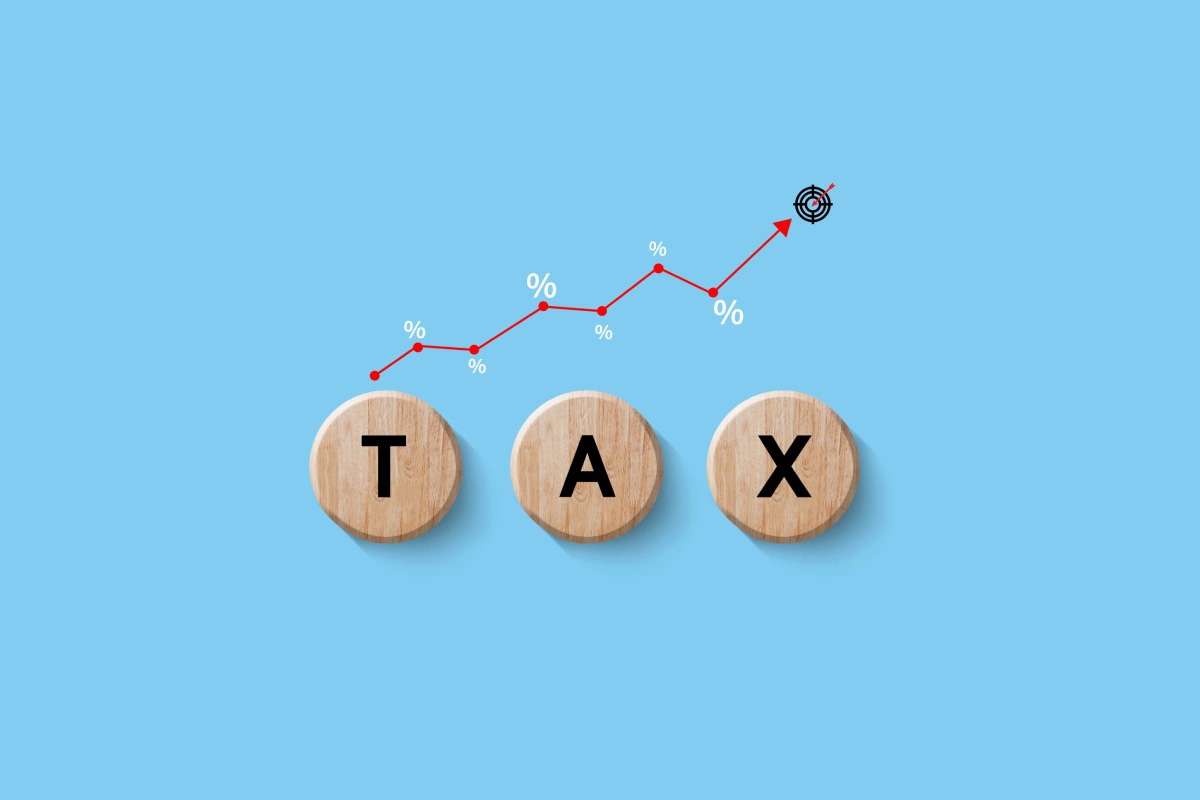
The Betting and Gaming Council (BGC) has warned that the incoming British tax hikes will boost black market activity.
Based on a new polling by Anacta reported in February 2026, there are concerns that proposed UK government gambling strategies, particularly regarding increased taxes, could contradict their intended harm-reduction goals.
While ministers have launched a consultation to ban unlicensed operators from sponsoring football clubs, including in the Premier League, ordinary punters fear the Government’s new tax rises could drive millions straight into illegal gambling sites, the new poll reveals.
The poll, conducted found:
• 52% of people who bet believe higher taxes will make punters more likely to use unlicensed black market sites.
• 66% of those who bet say tax increases will make betting and gaming less enjoyable.
• 57% think UK gambling is already heavily regulated.
With around 22.5 million adults placing a bet each month, the Government’s disastrous tax hikes will drive millions more to the harmful black market.
Grainne Hurst, Chief Executive of the Betting and Gaming Council, said: “When you tax responsible, regulated betting and gaming companies harder, you do not reduce demand you simply drive customers towards the unsafe, unregulated black market.
“Illegal gambling sites do not pay tax. They do not contribute to British sport. They do not invest in safer gambling and they do not protect vulnerable people.
“If the Government wants growth and genuine consumer protection, it must back the regulated sector not make it less competitive against criminals.”
The regulated sector supports 109,000 jobs, contributes £6.8 billion to the economy and generates £4 billion in tax revenue, funding everything from the NHS to schools and local communities.
The post BGC: Government Tax Hike Boost for Black Market appeared first on Eastern European Gaming | Global iGaming & Tech Intelligence Hub.
Compliance Updates
Endorphina Compliance Strategies Explained ahead of HIPTHER Prague Summit
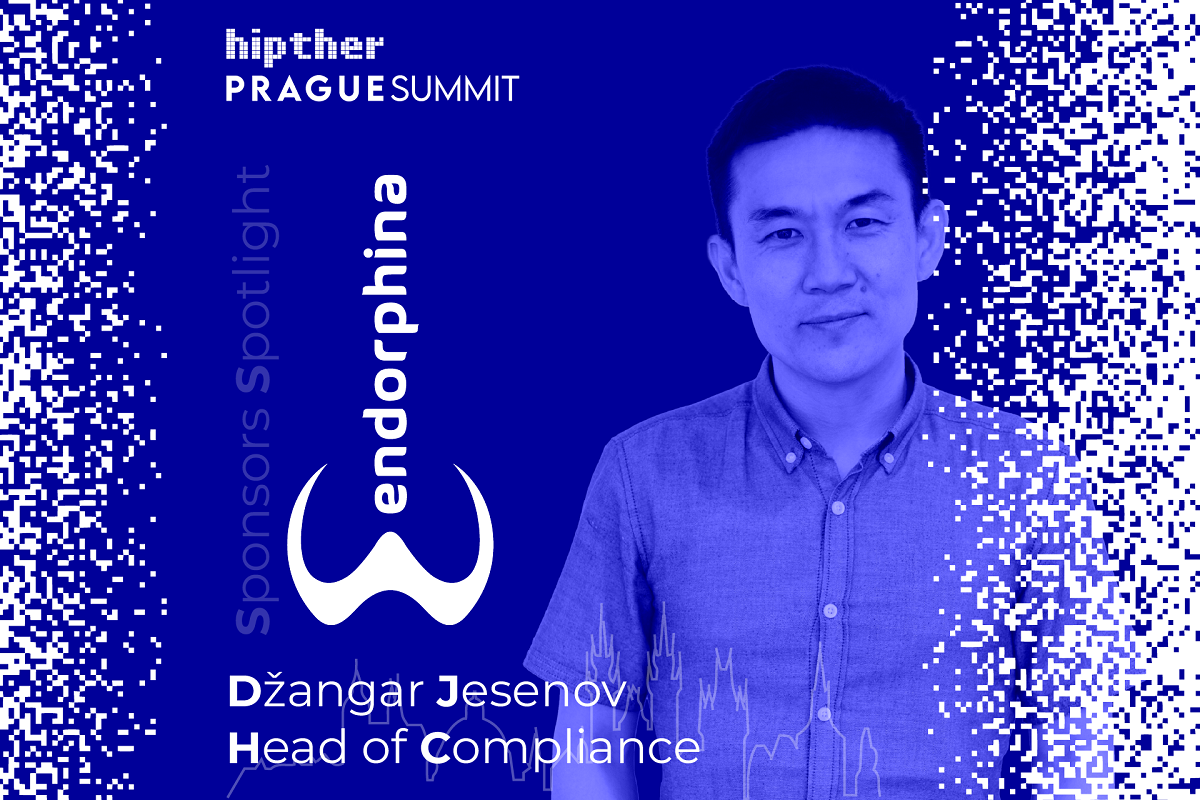
Ahead of the HIPTHER Prague Summit 2026, we speak with Džangar Jesenov, Head of Compliance at Endorphina, to explore how the company approaches regulatory excellence, market expansion, and certification in an increasingly complex global iGaming landscape – and how strong compliance frameworks support sustainable growth across Tier-1 European markets.
You have been leading Endorphina’s compliance function since 2021. How has the regulatory landscape in Europe evolved during this period, and what shifts have had the biggest operational impact on suppliers?
If I were to compare Endorphina in 2021 and Endorphina in 2026, I would describe them as two fundamentally different projects that nevertheless share the same core identity. The primary objective remains unchanged. However, the tools, scope, and operational framework used to achieve that objective have evolved significantly.
The development of the project reflects various external factors, including increasingly stringent regulatory requirements across multiple jurisdictions, technological advancements particularly within the financial sector and, importantly, substantial strengthening of human resources. Ultimately, people remain the most critical element in any successful project.
– From a regulatory perspective, I would particularly highlight the introduction and expansion of B2B licensing policies
Across jurisdictions on different continents, and the increased responsibility placed on game suppliers.
– Most notably, the heightened focus on player protection and security
In my view, enhanced player safety is one of the most important developments in the industry. Delivering engaging, high-quality games that are fully compliant with applicable legal frameworks is the foundation of any successful online platform and this is a commitment we uphold 24/7/365.
Endorphina has successfully expanded its presence across Tier-1 European markets. From a compliance perspective, what are the key pillars that enable smooth market entry and long-term sustainability?
In practice, there are unfortunately no “miracle tools” that would allow us to operate seamlessly at the highest regulatory level.
– I may not be saying anything new or particularly surprising here, but behind every jurisdiction we enter lies a substantial amount of work
Each market requires extensive hours of analysis, including a detailed review of regulatory obligations, comparison of local data requirements and reporting outputs, development of internal policies tailored to the specific regional framework, structured internal data sharing across project teams, and the implementation of oversight mechanisms to ensure compliance with newly introduced rules.
There is a significant amount of daily routine involved continuous processes, reporting, analysis, and, where necessary, re-implementation of procedures, including updates or revisions of internal regulatory frameworks.
Certification and regulatory alignment remain major challenges for many suppliers. How does Endorphina structure its internal processes to ensure efficiency while maintaining full regulatory integrity?
With the development of regulatory obligations, our practices in this area are also evolving. Compliance in the gambling business matures like fine wine. The more stable your team is, the stronger your position on the market becomes. Today, regulations are being introduced in many new jurisdictions where gambling was completely prohibited just a few years ago, and I see this as progress from a regulatory perspective.
– Our internal processes are continuously evolving toward the automation of data that does not require increased attention
Human resources are instead focused on information that is more relevant and requires deeper integrity.
With increasing focus on information security, responsible gaming, and technical standards, how do you see the role of compliance teams evolving within modern iGaming organisations?
As regulatory obligations continue to evolve, so does our practical experience in this area. Compliance in the gaming industry matures over time – much like fine wine.
– The more stable and experienced your team is, the stronger your position in the market becomes
Today, regulation is being introduced in many new jurisdictions where gambling was completely prohibited just a few years ago. I see this as a positive development and a clear indication of progress from a regulatory perspective.
Endorphina has built a reputation as a trusted slot provider with a strong global partner network. How should compliance, product development, and commercial teams collaborate today to support scalable growth?
As Head of Compliance, I believe scalable growth is only achievable when compliance, product development, and commercial teams operate in full alignment rather than in silos. Compliance must be involved from the earliest stages of market entry and product design to prevent delays, reduce regulatory risk, and support sustainable expansion.
– Product development should focus on modular, certification-ready solutions that allow efficient adaptation across multiple jurisdictions
Commercial strategy must remain closely aligned with regulatory feasibility, ensuring that opportunities are both attractive and compliant. Ultimately, stable and experienced teams are the key factor in building long-term, regulatorily resilient growth.
Looking ahead to the next 12–24 months, which regulatory or market developments should operators and suppliers be preparing for most carefully?
In this area, we are working very intensively. Looking ahead, I anticipate further increases in regulatory obligations, faster development of regulated markets, and structural changes in core online gaming products.”
– I expect deeper integration of games with the player environment, placing greater emphasis on individual profiling and personalization of each session
These evolving models will inevitably be reflected in regulatory frameworks, with a stronger focus on player protection and proper tax accountability. At the same time, regulators will increasingly compete to attract high-quality market participants, a category to which Endorphina clearly belongs.
In the near-term perspective, many of today’s processes will become standard industry practice, while additional requirements will emerge, particularly those linked to the accountability and oversight of key individuals within licensed entities.
Endorphina is the GamingTECH Awards Party & Ceremony Sponsor at HIPTHER Prague Summit 2026. What would you like operators, partners, and industry peers to take away from engaging with your team during the event?
Thank you for the opportunity to be among the first to welcome our friends. First and foremost, I would like to thank everyone who will be joining us in person in one of the most beautiful cities in the world, Prague.
I wish all participants a truly enjoyable experience.
– Make the most of every moment spent among inspiring people
Boost your personal endorphin levels and take the opportunity to get to know the Endorphina team more closely.
The post Endorphina Compliance Strategies Explained ahead of HIPTHER Prague Summit appeared first on Eastern European Gaming | Global iGaming & Tech Intelligence Hub.
-

 Latest News7 days ago
Latest News7 days agoGGBET UA hosts Media Game – an open FC Dynamo Kyiv training session with journalists from sports publications
-

 Latest News7 days ago
Latest News7 days agoBagelmania Backroom Comedy night lineup announced for Thursday, Feb. 26
-

 Baltics4 days ago
Baltics4 days agoHIPTHER Baltics Launches in Vilnius with Agenda Revealing Lithuania’s 2026 Regulatory Reset
-

 Amusnet4 days ago
Amusnet4 days agoAmusnet Enters into Strategic Partnership with Twinsbet Arena in Vilnius, Lithuania
-

 AI-Powered Compliance and Player Support4 days ago
AI-Powered Compliance and Player Support4 days agoDigerCompanion — Digicode’s AI Solution for Compliance and Player Support in Regulated iGaming
-

 Brazil4 days ago
Brazil4 days agoOctoplay Enters Brazilian Market Through a Strategic Partnership with Superbet
-

 Andrew Cardno4 days ago
Andrew Cardno4 days agoQCI Launches its Data Community Platform in Australia
-

 Latest News4 days ago
Latest News4 days agoSpinomenal Debuts Magical Genie — 3×3 Hold & Hit Adventure







